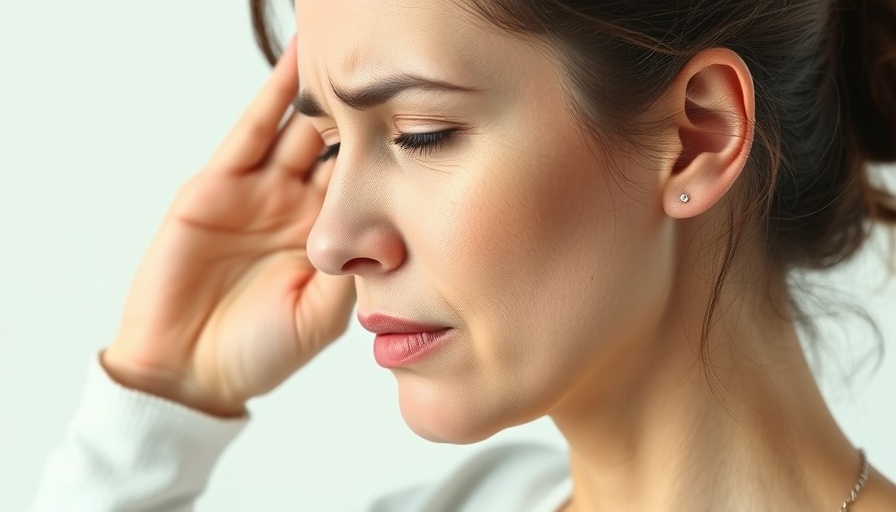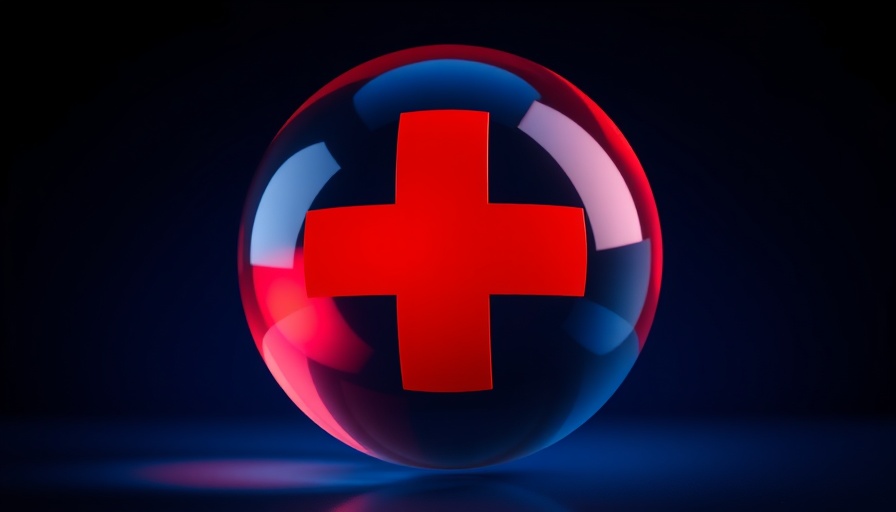
Understanding Why Your Ears Pop During Take-Off
Have you ever been on a plane and experienced that peculiar sensation in your ears during take-off? The sound you hear as the cabin pressure changes is not just noise; it’s a physiological response of your body adjusting to the shifting environment. Experts like Dr. Hamid Djalilian, a professor of otolaryngology, explain that this 'ear popping' occurs because of the eustachian tube—the mucosa-lined passage connecting your middle ear to the back of your nose—needs to open in order to equalize pressure. While this might seem trivial, there are important health implications for understanding how our bodies work during such changes.
What Causes Ear Popping?
While altitude changes are a primary cause of ear popping, they aren't the only ones. Health conditions like colds, sinus infections, or allergies can result in similar sensations. As Dr. Djalilian points out, when dealing with a stuffed nose, the swelling can restrict the eustachian tube's function, leading to further discomfort. This highlights the interconnectedness of respiratory health and ear health. Now, isn’t it vital to maintain good nasal health, especially for travelers?
How to Relieve Ear Pressure Effectively
So, how can you relieve the discomfort from ear popping? There are several easy methods to clear the pressure. Chewing gum, swallowing, or yawning can help open the eustachian tubes. If your ears feel particularly clogged, you might try a technique known as the Valsalva maneuver—gently blowing while pinching your nose and keeping your mouth closed. But remember, if the discomfort persists or worsens, it's important to consult a healthcare professional.
The Importance of Maintaining Ear Health
Understanding how to care for your ears is part of a broader approach to wellness. From preventing chronic conditions to ensuring that our sensory organs function optimally, ear health is crucial for overall well-being. This encompasses a proactive approach to healthcare that involves regular check-ups, addressing allergies, and taking preventive measures against infections. Ensuring you're aware of these factors can prevent future health complications and help you maintain a vibrant lifestyle.
Final Thoughts and Call to Action
Next time you travel, equip yourself with knowledge about ear health. By understanding how to manage your eustachian tube and the importance of good nasal functioning, you can make your flying experience far more enjoyable. Consider integrating preventive care into your lifestyle—whether through wellness programs, nutrition education, or seeking medical advice when needed. Your health is a journey, and it’s time to take the next step! Embrace self-care practices today for a healthier tomorrow.
 Add Row
Add Row  Add
Add 




Write A Comment